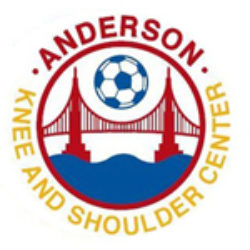As most of you know, the new health care legislation puts a lot of pressure on physicians to implement electronic medical records in our offices. In fact, there are supplements and subsidies for those who do so. I thought I would just put a little perspective on using them as I have had them in my office for the last 11 years.
There area a lot of advantages for using EMRs. The main one is communication with all the office staff. Gone are all the little yellow stickies, post-it notes, messages on my telephone, patients calling on weekends for refills and not knowing if they were in fact my patient or what they need. Communication between health care providers will be one of the greatest benefits of the electronic medical records.
On the other hand, studies have shown that it takes physicians 15% more time to do the same amount of work than before electronic health records. Of course, this makes the folks at Medicare quite happy in that we are required to now document more clearly very important things than an orthopedist’s examination such as what your great grandmother died of, remote past medical history etc. It used to be that I would review the very detailed history form you fill out when you come to the office, and that was good enough. Now we have to actually document all the details in electronic format so that if our charts are ever audited that we have dotted our “i” and crossed our “t” to get paid for the level of service that we have billed for. This will be a great fund of information for the auditors and their HMOs to track. We do not really have a problem with this because obviously we should never charge for something we did not do.
However, millions of dollars that this will require will take away from direct patient care in the name of saving money and another level of paper and paperwork extra staff have to do. What IS important is that doctors still take the time with the patient, spend time looking at them, not a computer screen, are able to touch, lay hands and examine completely, reassure, and comfort the patient when they are distressed, and not worry if you have documented the physical examination properly for the HMO or payors. I worry that healthcare will go the way of your doctor looking at a computer, never making eye contact, looking at study results, but never listening to your fears and worries, examining your knee or shoulder, and using most of the skills that we spent years learning in medical school and residency in order to provide care and compassion for patients. Let us hope that our government’s desire for more electronic formatting of patients take the humanism out of your relationship with your physician as well.
-Lesley J. Anderson, MD
